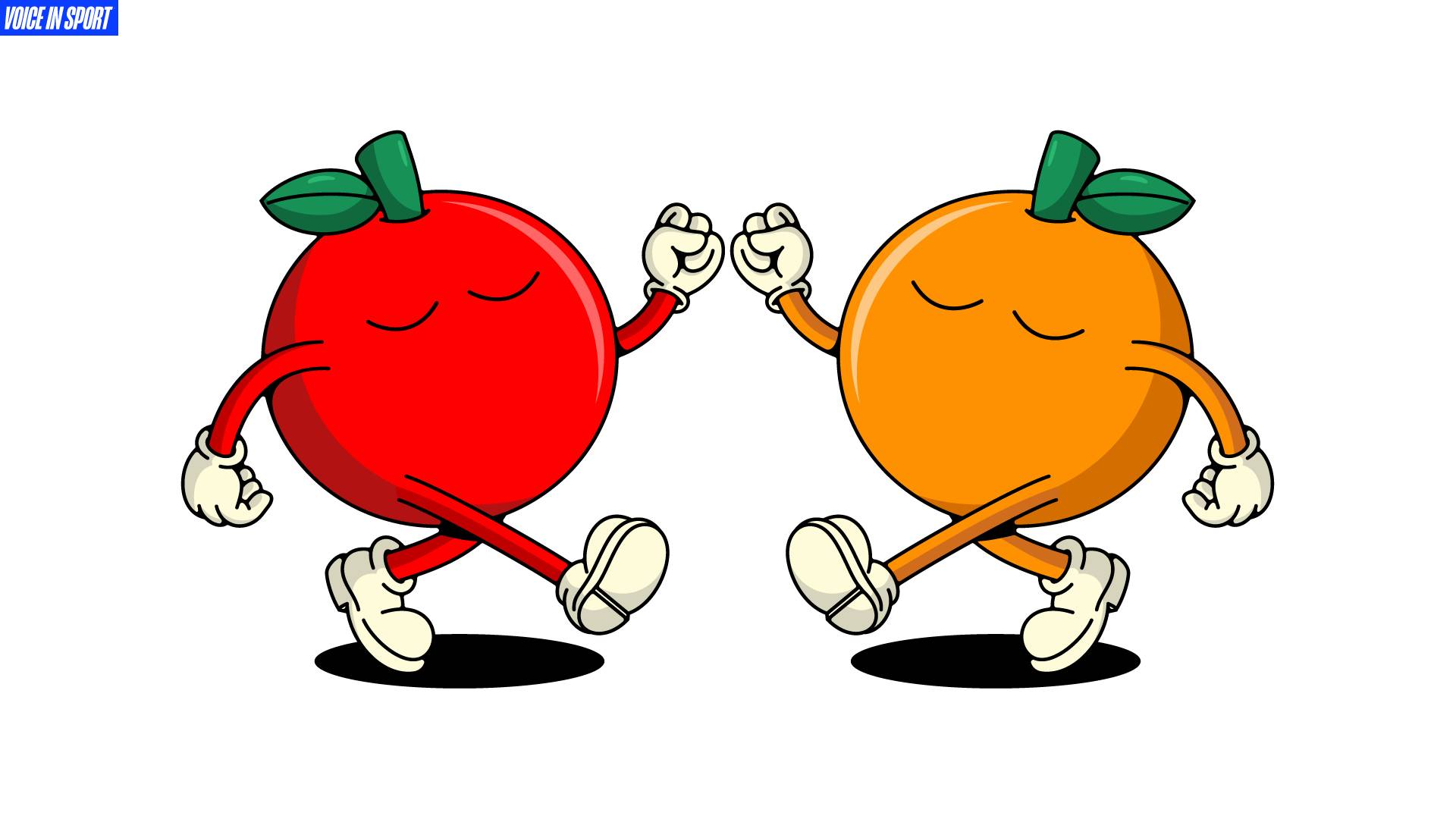As athletes, we’re always striving to be better. We’re our own biggest critics, and often compare ourselves to others, especially when we feel we haven’t done the best we can do. Regardless of whether we’re going through a rough patch in sport or we’re doing very well, it’s important to embrace our own journeys and not compare where we're at to where others are at. We talked with Lauren Tashman, PhD, CMPC, a mental performance consultant and VIS Expert, to learn why we are inclined to compare ourselves to others, the dangers of such comparison, and how we can keep our focus on ourselves.
What Causes Us to Compare?
As human beings, we are naturally inclined to play the comparison game. That’s normal, according to Tashman. From the time we are born, we model the behaviors of those around us as a way to learn things like walking and talking. She adds that as social beings, one of our fundamental needs is relatedness to others, so we tend to search for and surround ourselves with others who are similar to us.
While some comparison is innate, it’s important to be aware of the different forms of comparison. “From a goal perspective, theory suggests that we can focus on mastery, ego, or both,” Tashman says.
The mastery perspective focuses on learning, developing, and comparing yourself primarily to yourself, while the ego perspective focuses on comparing yourself to others. Sport inherently focuses on the ego perspective, so Tashman recommends always aiming to have your own mastery goal to balance this out. Individuals on teams lacking strong team culture often struggle with an ego-focused perspective and comparing themselves to teammates.
“Unhealthy comparison comes when we are evaluating or judging ourselves against others in ways that undermine our mental game or performance.”
Is Comparison More Prevalent in Certain Sports?
While comparison exists in all sports—in fact, it basically “is the nature of sport,” Tashman says—individual sports are often more prone to the challenges of comparison. That doesn’t mean comparison doesn’t exist in team sports, she adds, particularly where players might be trying to earn a starting position on their team or even comparing themselves to individuals on other teams. The combination of both team and individual goals – such as at the collegiate or Olympic levels where we want to have positive and supportive team cultures but where we must compete against our teammates for the opportunity to compete with the team – can be particularly toxic.
What Are the Dangers of Comparison?
While comparison is natural and can help us grow and perform to our potential, Tashman says that “unhealthy comparison comes when we are evaluating or judging ourselves against others in ways that undermine our mental game or performance.” When we focus on comparing ourselves to others, we become too dependent on how our results compare to those of others. When this is the case, Tashman says we may begin to struggle with situations in which we might not be able to succeed and develop negative self-perceptions when others perform better than us. Instead of this ego-focused perspective, it’s better to focus internally on mastery, growth, and learning to improve our performance, she says.
How Can We Differentiate Between Healthy Competition and Unhealthy Comparison?
The key to beating the comparison trap in sport is being able to differentiate between healthy and unhealthy comparison, and Tashman gives us three practical tips to do this.
First, she tells us to clarify our core values as athletes and display them visibly around us by keeping them in our bags or written somewhere on our clothing; this will help remind us to remain focused on ourselves and our own goals when the urge to compare to others creeps in.
Secondly, Tashman says we must train our minds to be able to refocus thinking and self-talk when we start to feel ourselves comparing to others in an unhelpful way.
Finally, she reminds us to practice gratitude; “research shows that this is a very powerful way of reframing our perspective and reminding ourselves of the bigger picture,” she says. Try saying things to yourself like ‘I'm grateful to have the opportunity to challenge myself and improve’ or ‘I'm grateful to have a teammate who helps me raise my bar of performance higher and higher.’
Following these steps can help us to use comparison to our advantage, so try them out and see the impact that they will have on your performance.







